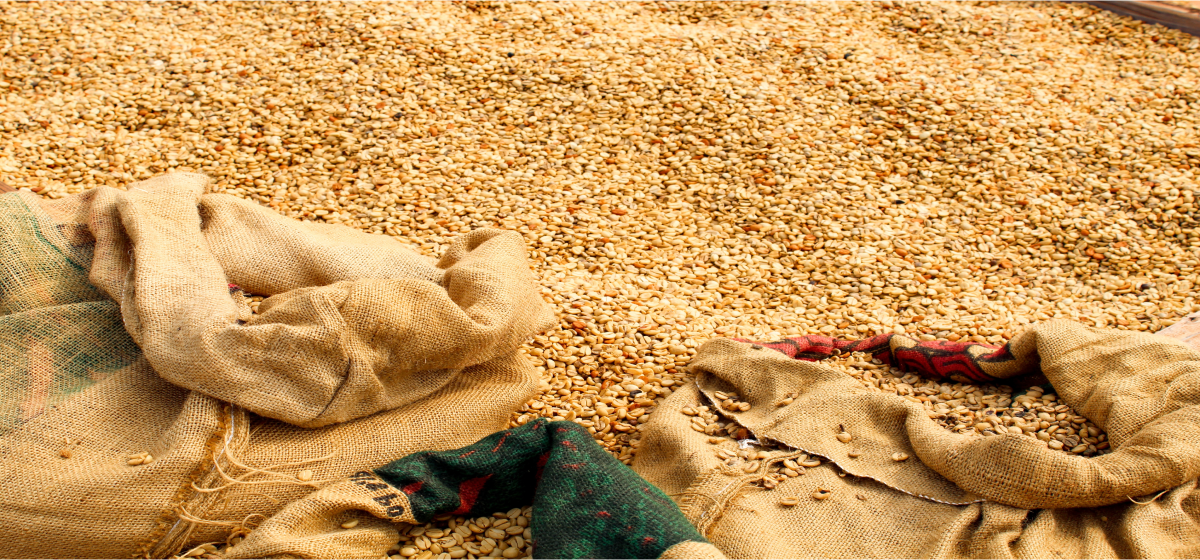
Why do you need a certificate GMP+ for feed companies
The profit of the agricultural industry directly depends on how high-quality
feed additives are. To determine their quality, it is not enough to listen to loud statements from various large enterprises and companies. For this, the international GMP+ certification system comes to the rescue, which can ensure that all processes related to
feed comply with international quality standards.
GMP (Good Manufacturing Practice) certificate is a document that confirms that the
company has complied with all the standards of "necessary manufacturing practices".
This is an international standard that determines the compliance of an enterprise with the organization’s norms and quality control of feed, impurities and feed additives.
GMP is a large chain of strict norms, rules and actions that determine the quality of almost all working moments of an enterprise: from manufacturing to storage and transportation.
Today, many enterprises already have the concept of certification as a whole, and for this reason, for frequent quality control, it is precisely certain types of products that selectively take place. GMP+, in turn, covers the entire production process as a whole. That makes it possible to reduce the chance of errors and the manufacture of low-quality products. The fact that GMP+ affects the entire production chain, from the purchase of raw materials to the final product,
distinguishes it from other standards and speaks of its uniqueness.
1. Selecting the appropriate GMP + standard for feed companies (GMP + FSA)
What standards are included in the GMP + FSA certificate:
• GMP+ B1 includes general parts such as production, trade and services.
• GMP+ B2 refers to the part of the production of additives and related ingredients.
• GMP+ B3 is responsible for the quality of cultivation and storage.
• GMP+ B4 is transportation.
2. Creation of a feed safety system:
• Development / adaptation of a feed safety system, improvement of existing production processes and technologies and implementation of the necessary missing production procedures.
• Conducting an internal audit to verify compliance with all requirements.
• Improvement of all security systems, operational procedures.
3. Selecting a suitable certification body:
• Selection of a body accredited by GMP + International.
• Signing a contract with a certification body.
4. Conducting an audit by a certification body:
• Conducting an audit.
• Making changes if necessary.
• Obtaining a certificate.
-Opportunities to enter international markets requiring the presence of a GMP + system.
-Ability to sell goods within the GMP+ community to meet the requirements "from field to table" involving more than 18,000 customers.
-Guarantees for the client of the process of production, storage, chartering and transportation.
-Ability to open new markets and retain existing customers.
-Ensuring business continuity as a result of a more efficient company structure and a reduction in financial cost risks.
-Providing guarantees to the client that the animal will be safe when consumed
-Improving the company’s image and corporate reliability.
-Combining quality management system (ISO 9001) and risk control (HACCP)
-Ability to combine multiple certificates (feed safety and responsibility).
-Making uniformity in the feed production cycle
feed additives are. To determine their quality, it is not enough to listen to loud statements from various large enterprises and companies. For this, the international GMP+ certification system comes to the rescue, which can ensure that all processes related to
feed comply with international quality standards.
GMP (Good Manufacturing Practice) certificate is a document that confirms that the
company has complied with all the standards of "necessary manufacturing practices".
This is an international standard that determines the compliance of an enterprise with the organization’s norms and quality control of feed, impurities and feed additives.
GMP is a large chain of strict norms, rules and actions that determine the quality of almost all working moments of an enterprise: from manufacturing to storage and transportation.
Today, many enterprises already have the concept of certification as a whole, and for this reason, for frequent quality control, it is precisely certain types of products that selectively take place. GMP+, in turn, covers the entire production process as a whole. That makes it possible to reduce the chance of errors and the manufacture of low-quality products. The fact that GMP+ affects the entire production chain, from the purchase of raw materials to the final product,
distinguishes it from other standards and speaks of its uniqueness.
1. Selecting the appropriate GMP + standard for feed companies (GMP + FSA)
What standards are included in the GMP + FSA certificate:
• GMP+ B1 includes general parts such as production, trade and services.
• GMP+ B2 refers to the part of the production of additives and related ingredients.
• GMP+ B3 is responsible for the quality of cultivation and storage.
• GMP+ B4 is transportation.
2. Creation of a feed safety system:
• Development / adaptation of a feed safety system, improvement of existing production processes and technologies and implementation of the necessary missing production procedures.
• Conducting an internal audit to verify compliance with all requirements.
• Improvement of all security systems, operational procedures.
3. Selecting a suitable certification body:
• Selection of a body accredited by GMP + International.
• Signing a contract with a certification body.
4. Conducting an audit by a certification body:
• Conducting an audit.
• Making changes if necessary.
• Obtaining a certificate.
-Opportunities to enter international markets requiring the presence of a GMP + system.
-Ability to sell goods within the GMP+ community to meet the requirements "from field to table" involving more than 18,000 customers.
-Guarantees for the client of the process of production, storage, chartering and transportation.
-Ability to open new markets and retain existing customers.
-Ensuring business continuity as a result of a more efficient company structure and a reduction in financial cost risks.
-Providing guarantees to the client that the animal will be safe when consumed
-Improving the company’s image and corporate reliability.
-Combining quality management system (ISO 9001) and risk control (HACCP)
-Ability to combine multiple certificates (feed safety and responsibility).
-Making uniformity in the feed production cycle






This website uses cookies to ensure you get the best experience
OK

